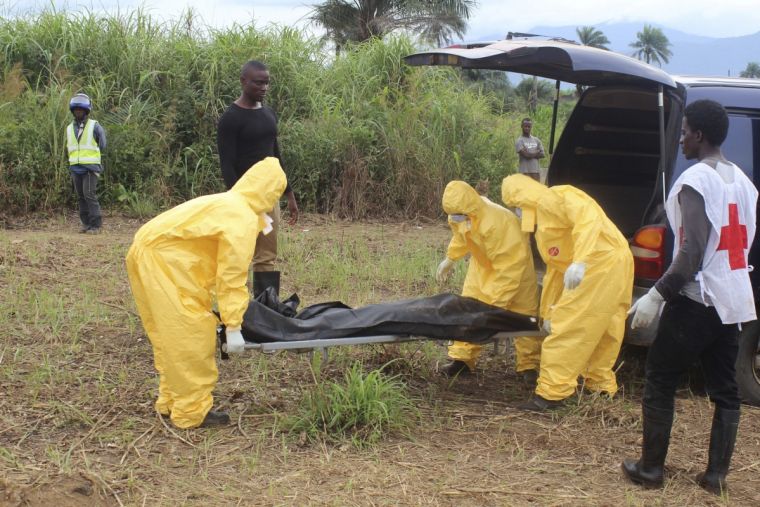Christmas banned in Sierra Leone to stop Ebola spread

The Sierra Leonean government has banned public celebrations for Christmas and New Year to prevent the spread of Ebola.
"There will be no Christmas and New Year celebrations this year," Palo Conteh, the Sierra Leonean Defence minister and head of the government's Ebola response team, said on Friday.
"We will ensure that everybody remains at home to reflect on Ebola," he said. "Military personnel will be on the streets at Christmas and the New Year to stop any street celebrations."
The measure includes a ban on travel from the capital, Freetown, meaning that many will be unable to join their families in more remote parts of the country.
Public gatherings have been banned since July, when the country declared a state of emergency. But the additional lock-down will be enforced from 20 December onwards.
It will, however, prevent people from going to church on Christmas day. Although Sierra Leone is a majority-Muslim country, with a strong Christian minority of 27 per cent, Christmas is widely celebrated.
Sierra Leone has now overtaken Liberia to become worst hit country in the region. More than 8,000 people have been infected with the virus and just over 2,000 people have died.
The British government has been particularly involved in efforts to support the struggling health system in Sierra Leone. There are currently 750 British troops based in the country, constructing medical facilities and working on community education. However there are indications that anti-Ebola education has not been as effective as in neighbouring Liberia.
There have now been 18,464 cases of infection across the three main West African countries affected, Sierra Leone, Liberia and Guinea, and 6,841 people have died from the Ebola virus.











